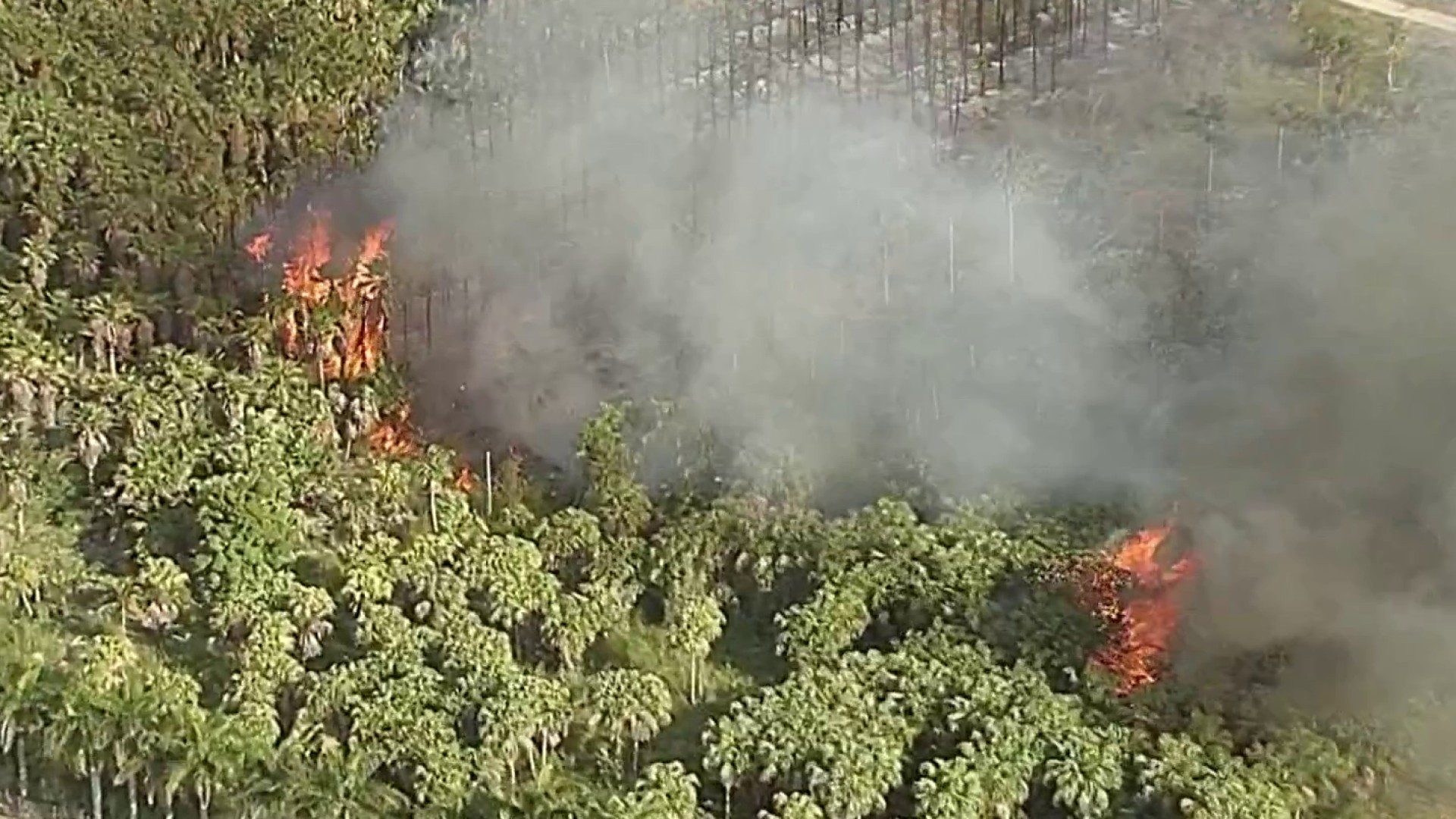The BP oil gusher that poured hundreds of millions of gallons of crude oil into the Gulf of Mexico last year took three agonizing months to plug -- polluting the water, killing wildlife, and fouling thousands of miles of shoreline.
"We all sat there and watched in disgust the devastation it caused," said orthopedic surgeon Dr. Tom San Giovanni. "We were like, why did this happen?"
Dr. San Giovanni is also the president of Mendes Oil Trap Technologies, formed when one of his patients Joe Mendes invented and patented a system to clean up oil spills. Impressed with the retired heavy equipment salesman, San Giovanni got involved in starting up the company.
The firm's other partners include a former FBI agent and a software company executive. None of them has previous experience in oil recovery, but Mendes says they're motivated to find a better solution than what they saw last summer.
"We're just a group of environmentalists that are volunteerng our help, our time to develop this here. Hopefully it'll do something for the environment and for our nation. This is something that's for the world," says Mendes, the former Caterpillar salesman.
The Mendes Oil Trap consists of floating plastic crates, filled with oil-absorbing material made from recycled plastic bottles. They can be deployed to encircle an oil platform or a spill, chained together like train cars to protect the shoreline, or be towed by boats through a slick.
Mendes explained that unlike traditional floating booms, his crates will contain the oil and filter the crude right out of the water.
Local
"It's like a filter, exactly," he said.
San Giovanni said he and his partners firmly believe that if their system had been available, the BP spill could've been contained and much of the environmental damage averted.
Instead, the old methods of using booms and chemical dispersants were the preferred methods of dealing with the oil.
"I know in my field as a surgeon, if something's not working efficiently, you don't keep doing the same mistake over -- there's a word called 'innovation'," San Giovanni said, pointing at Mendes' invention as innovative and effective.
Mendes gave small-scale demonstrations of his oil trap at last week's Society of Environmental Journalists convention in Miami.
It worked remarkably well in a plexiglass container, with the crude oil literally disappearing in front of the viewer's eyes. Mendes poured oil into the water, and with a few movements to simulate waves, the oil was gone, absorbed by the trap.
The question is, can it work on a large scale, in the open ocean?
"Joe's system was actually already tested on the open water in Aruba, and it removed 99 percent of the oil in a controlled spill test," San Giovanni said.
Mendes admits there's still some research and development that needs to be done to make his system commercially viable. But he's hoping the oil companies beat a path to his door, for inventing a better oil trap.



